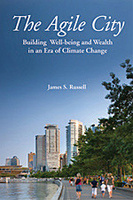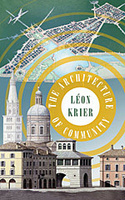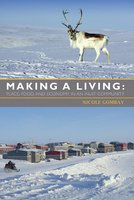Making Healthy Places
Designing and Building for Health, Well-being, and Sustainability
Making Healthy Places presents a diagnosis of-and offers treatment for-problems related to the built environment.
Rediscovering Thomas Adams
Rural Planning and Development in Canada
This updated reprint of a classic text offers a revealing glimpse into the past and an insightful perspective on the present state of planning and development in Canada.
The Agile City
Building Well-Being and Wealth in an Era of Climate Change
In a very short time, America realized that global warming poses real challenges to the nation's future. The Agile City engages the fundamental question: What to do about it?
Towards 0-Impact Buildings and Built Environments
A compilation of key notes and best papers of the 2010 Sustainable Building Euregional Conference.
Sustainability in America's Cities
Creating the Green Metropolis
This book highlights how America's largest cities are acting to develop sustainable solutions to conflicts between development and environment.
Wet Prairie
People, Land, and Water in Agricultural Manitoba
This in-depth exploration of surface water management in southern Manitoba reveals how coping with environmental realities has altered both residents’ relations with each other and their ideas about the role of the state.
Architecture of Community
A seminal work by a renowned architect and planner that provides a contemporary roadmap for designing or completing today's fragmented communities.
Geography of British Columbia, Third Edition
People and Landscapes in Transition
This fully revised edition of an essential text adopts a mainly thematic approach to explore the development of BC’s physical and human geography.
Making a Living
Place, Food, and Economy in an Inuit Community
A social and cultural examination of Indigenous societies as they strive to retain the values rooted in life on the land while adjusting to the realities of life in settlements.
Perverse Cities
Hidden Subsidies, Wonky Policy, and Urban Sprawl
Distorted price signals and flawed public policy create powerful and largely hidden perverse subsidies and incentives that promote urban sprawl.







